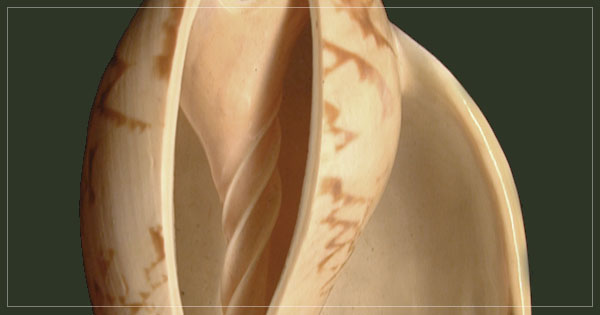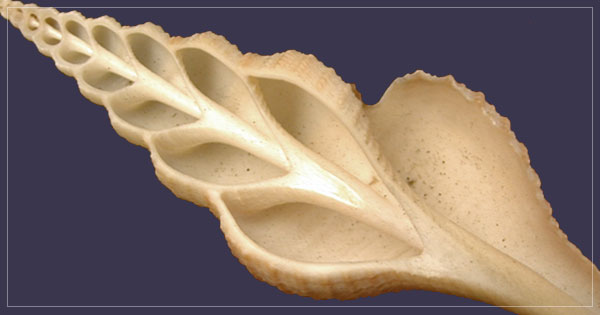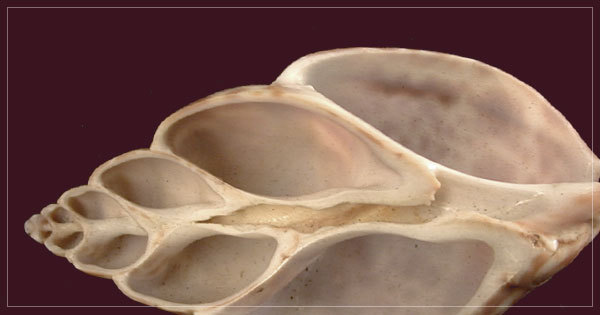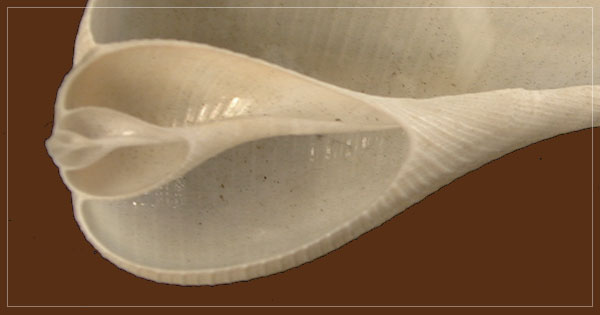Becca Price
Professor
˜
Interdisciplinary Arts & Sciences, UW Bothell




˜




The challenge—and gift—of higher education is for students to learn what to do with scholarly information. Information is cheap, especially as college curricula are being offered free online, so the role of instructors has changed from providing information to helping students process and use information wisely. I help students become scholars by structuring an assessment-centered classroom in which students conduct research.
I employ active learning strategies that help students with diverse learning styles take ownership of their studies and that help me assess student progress. Within a single class, we repeatedly revisit the same idea through different experiences. For example, students might complete a worksheet while watching a TED video, discuss that worksheet in small groups, design and present a poster that summarizes the main point of the discussion, and blog about how these activities address the course learning goals. After class, I use the data I collect from the daily activities to decide what to do next. The courses are structured around developing research skills such as information literacy, data analysis, and communication.
My courses rely heavily on finding and interpreting the primary literature within and across disciplines. Science Methods and Practice is my hallmark for this approach. Through this course, I have included over 140 students in scientific research experiences that include analyzing data, reading the primary literature, writing academic reviews of others’ papers, and revising their writing. This approach broadens participation in research from the few who pursue independent, extracurricular opportunities to include everyone in my class.